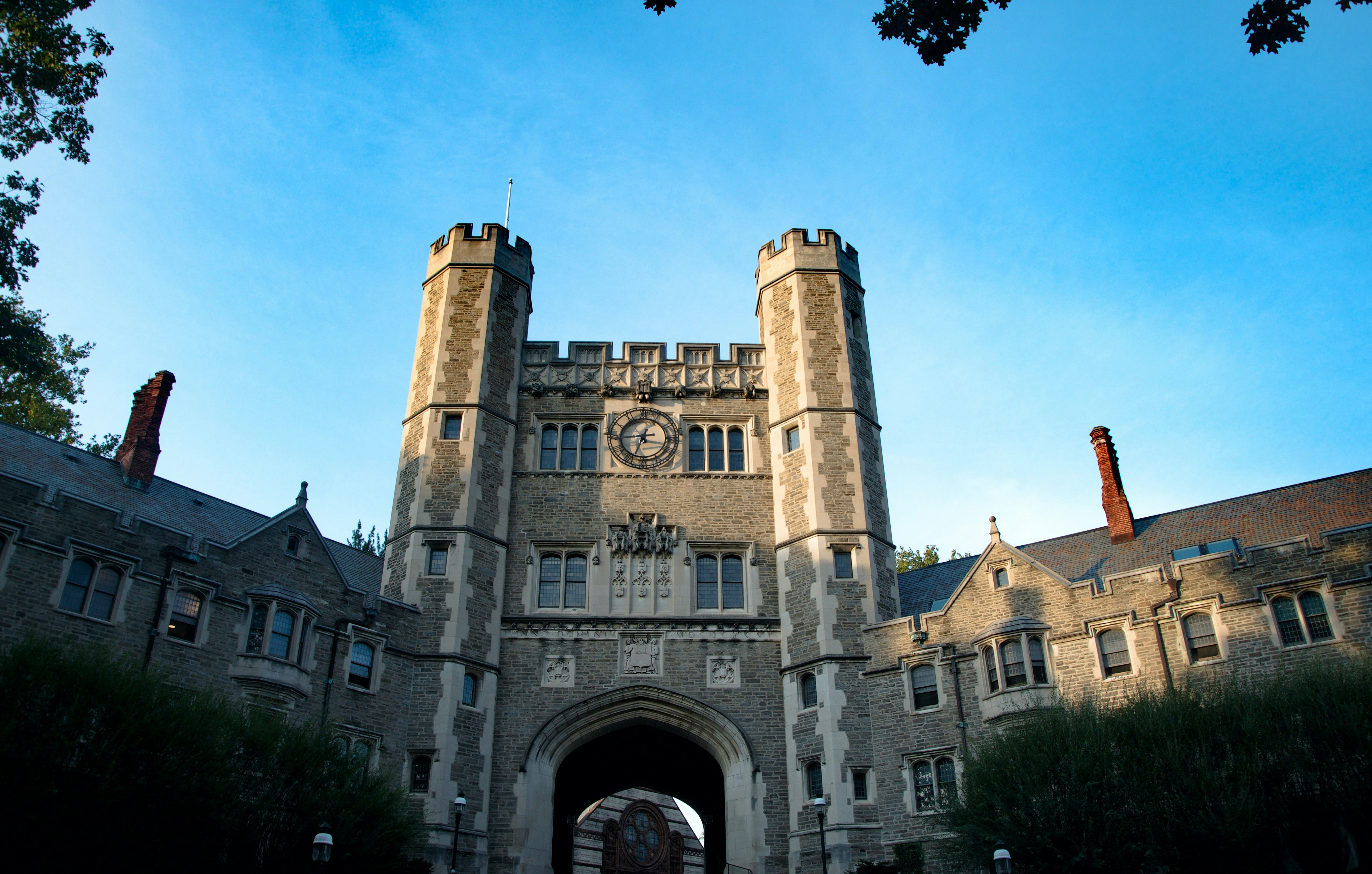It’s no secret that Common Application personal essay is important to the U.S. college application process. It has to be well-written, succinct (within 650 words), and most importantly, represent you. But what does that mean? What, exactly, are college admission officers looking for?
There are so many online articles attempting to explain what colleges are looking for, without taking into the consideration the changes in faculty and staff, in college/societal culture, economy, politics, and the student’s own personality and interests. We’re not here to tell you the formula—every school has their own, every student has their own experiences and circumstances—we’re here to clarify any misconceptions regarding the Common Application Essay. After all, better understanding what the Common Application Essay entails is the first step to writing one.
Below, we have listed common misconceptions, followed by explanations derived from personal and professional experiences and years of industry research.
1) The Common Application essay determines whether or not I get into my dream college.
We wish it was that easy, but your standardized test scores, school grades, activities, interests, school-specific supplementary essays, and background all factor into a university’s decision to determine whether or not you are what they’re looking for, but we’re not saying that if everything else was perfect and your essay was sub-par, you’ll still get into your dream college. They have to consider the application pool, so make sure you study hard and maintain good grades; study for that SAT/ACT exam, have interests and life experience, and start on that essay early and edit often. Your essay will be a great, supporting companion to the rest of your application.
2) I have to tell the college everything about myself; my entire life story, my extracurriculars, my interests, how I explored my interests, etc. in my essay.
Writing about absolutely everything is unrealistic and boring when you’re limited to 650 words. Colleges are looking for an essay that accurately represents who you are now—and usually, one event, as well as your reaction and reflection on the event, can give them a good idea of who you’ve been and who you are currently (and possibly, who you can be). Good writing means offering these subtle details without needing to deliberately highlight them in your essay. They are looking for the thoughtful voice of a 17- or 18-year-old, but have no need to know your entire life story.
3) The Common Application essay should only demonstrate and showcase my strengths. Showing weakness or failure will work against me.
That’s highly dependent on your application profile. It depends on the type of weakness or failure you would like to write about. If it’s about a time you failed a test, you studied really hard the next time and aced it, we’d advise not to waste time writing about it when you’re a relatively strong student. However, if this is a class you failed in Year 9, but you continued to retake the classes, refused to give up, decided to take more of these classes because you’re so bad at them, there’s a lot of grit and perseverance involved; when there’s a correlation to your academic transcript and they can see major improvements in your grade, then there might be something worth writing about. The moment where something clicked for you, or when someone spent the time to work with you, these are growing moments, and they are positive, even when the topic itself is discussing a weakness/failure you experienced. The essay becomes about your journey, what you learned from it, and how it has affected you, not the failure.
4) I need something super special or unique about me to make it worth writing about.
Students begin Year 12 worrying about essays as the ever-looming deadline dates interfere with their high school leaving exams, and most of the time, they sit down, look at the essay prompts, and feel like everything they know about themselves simply isn’t good enough to write down. The universities aren’t looking for an alien-child, and they understand that the majority of applicants have never suffered from serious illness, family trauma, lack of resources, etc. It’s not so much the situation needing to be unique—it’s the perspective that needs to shine.
Obviously, if you’re interested in something, like bugs and future sustainability (i.e. insects as a future superfood), and you taught a class on bugs to a group of primary school students and really resonated with that, of course you can write about it! But if you think you are required to have that “stand-out quality” in order to write a good Common Application Essay, you’ll end up having a significantly hard time writing it.
5) My transition between Chinese -> Australian life (or other similar experiences) is unique.
We hate to be the bearer of bad news, but unfortunately, it’s not. Of our previous students, almost every single one wanted to talk about their identity and their struggles transitioning between Chinese and Australian cultures. However, if you have a unique perspective regarding your experience and it’s important to you, it’s worth drafting. However, because most students discuss the struggle of the transition, overcoming it, and embracing both cultures, it’s not a particularly unique perspective. There are other parts of you, some that may be more important, to highlight in the Common Application Essay—tap into that instead.











